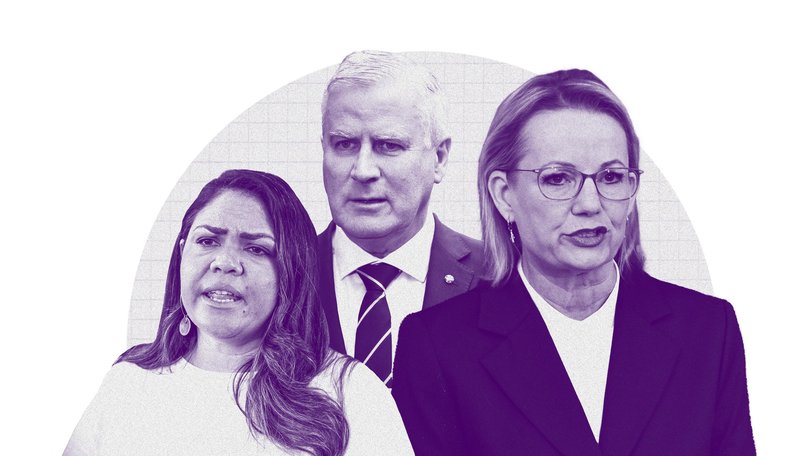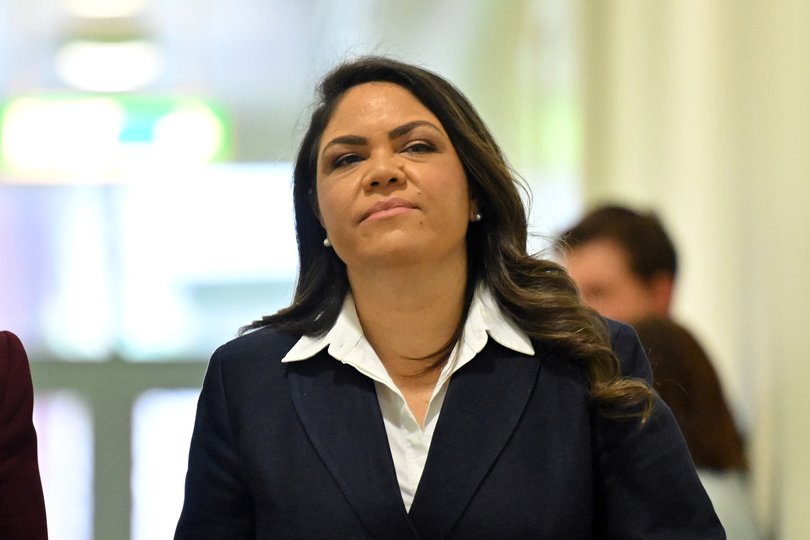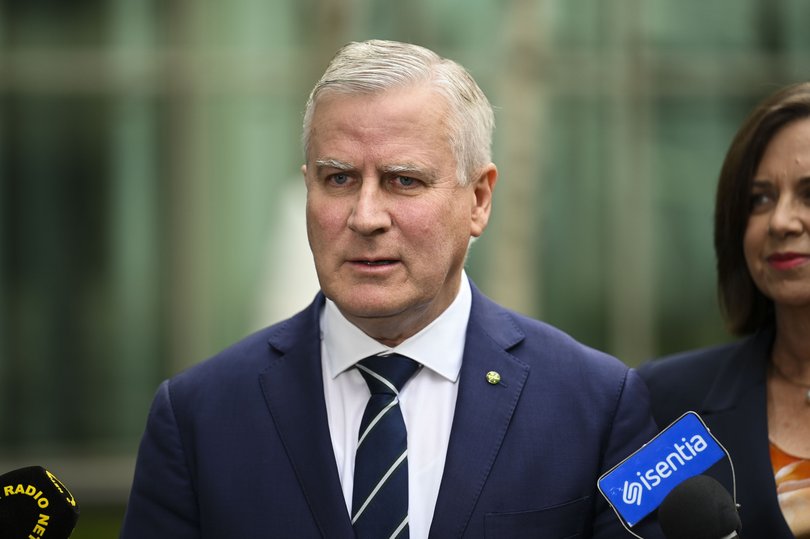MARK RILEY: Demoted Coalition backbenchers making the most of their liberty to say precisely what they think
MARK RILEY: Demoted Coalition backbenchers are making the most of their liberty to say precisely what they think.

Sussan Ley embraces the right of backbenchers to speak their minds on policy issues as one of the great democratic traditions of the Liberal and National parties.
“It is something you cannot do in the Labor Party!” she insists.
She’s right.
Sign up to The Nightly's newsletters.
Get the first look at the digital newspaper, curated daily stories and breaking headlines delivered to your inbox.
By continuing you agree to our Terms and Privacy Policy.The old command and control structures that the Labor Party has inherited from its union roots impose a shatterproof discipline that demands absolute solidarity.
Anyone who votes against party policy faces expulsion.
Ley says the freedom of speech her MPs enjoy is something she values deeply.
“We love the expression that people want to make about a whole range of different areas of policy,” she said on Wednesday.
It is lucky she feels that way.
She is going to have plenty of “free expression” to love over the next three years.
It has already begun to flow freely from those she banished to the backbench and those she overlooked for promotion in her first shadow ministry.
The words they are using so freely are loaded.
Victorian conservative Senator Sarah Henderson says she’s disappointed at being dumped from the frontbench.
“I regret that a number of high-performing Liberal women have been overlooked or demoted in the new ministry,” she added.
“Today, I am more determined than ever to fight for Australian women, which must start with a comprehensive policy platform.”
Disappointed. Regret. Determined.
In politics, them’s fighting words.
Jacinta Nampijinpa Price says she, too, is disappointed at being booted from shadow cabinet into the junior role of defence industry.
But she surely can’t be surprised after defecting from the Nationals four days after the election with the intention of running on a Liberal leadership ticket against Ley?

Speaking on Sky News shortly after the frontbench announcement, Price said: “I’ll be honest to say that there are probably some appointments that have not been predicated on experience or merit.”
In other words, Ley has rewarded her backers and demoted her detractors irrespective of their abilities.
And she has. Many leaders do. But most do it in the knowledge that they enjoy the strong support of their party rooms. Ley can’t claim that. At least, not yet.
Neither can Nationals leader David Littleproud. Although it doesn’t seem to matter to him.
Littleproud maintained this week that his decision to walk out on the Coalition — and then return on Wednesday — was all about principle.
If it cost him his leadership, then “I don’t care”.
There are now several people on his backbench determined to test his real care factor.
Michael McCormack and Barnaby Joyce were both punted from the shadow ministry. Both are former Nationals leaders. McCormack is making no secret of his desire to be a future Nationals leader.

Shortly after being dumped, he was asked by 7NEWS whether he would put his hand up if there were another leadership ballot.
“Politics is very fluid,” he observed.
“It ebbs and flows. And I’m not going to say that I’m never going to be the leader of the National Party, because the moment I do you’ll run this video and this audio when it happens!”
Not “if” but “when” it happens. More fighting words.
The issue most likely to spark leadership trouble for Ley and Littleproud this term is the same issue that has been weaponised by both sides of politics to blast out leaders over the past decade — climate and energy.
An obvious flash point is already building with the push from the Nationals backbench and some conservative Liberals to ditch the Coalition’s commitment to net zero emissions by 2050.
Ley simply can’t agree to that.
It would destroy any hope of winning back the long list of urban seats the Liberals have lost over the past two elections.
It would also divide rural and regional constituencies, where more people than the Nationals might care to admit are seeking real action on climate change to protect their businesses.
A free and far-ranging internal debate on that topic over the next three years would have political consequences that Sussan Ley would definitely not love.
Mark Riley is the Seven Network’s political editor

